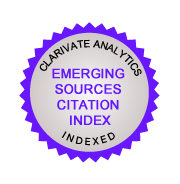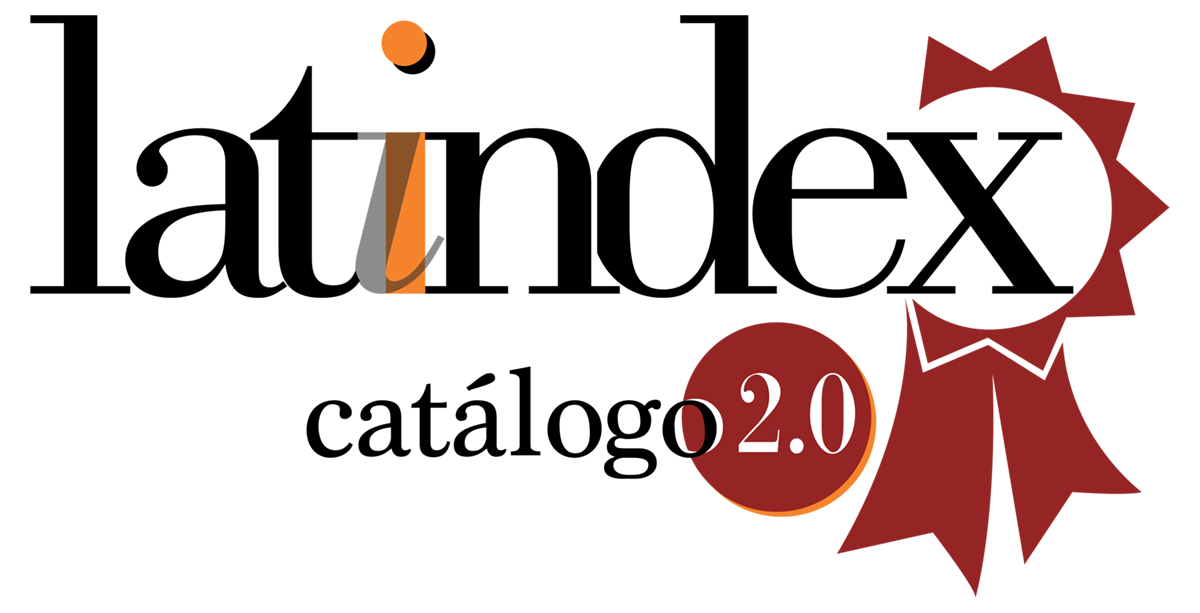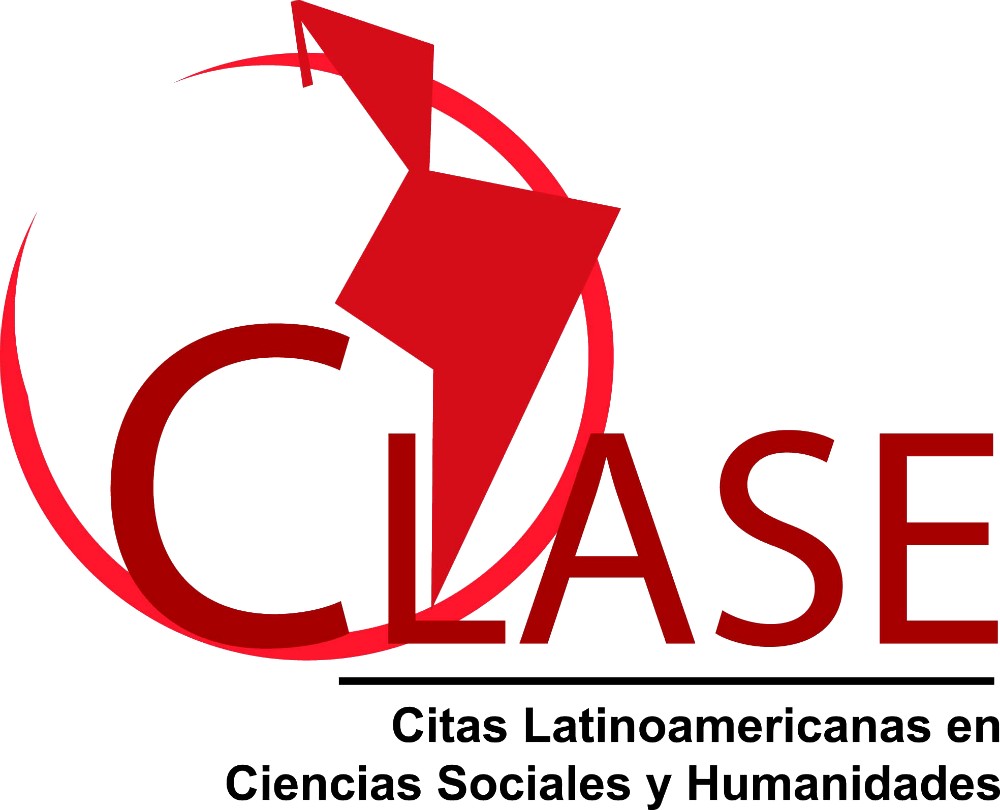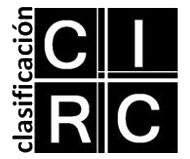Memories of a present time about animal love
DOI:
https://doi.org/10.24215/16696581e237Keywords:
equality, human nature, violence, love, animal, animalityAbstract
In this essay, we will try to understand to what extent the philosophical tradition based on the principle of equality, linked to the notion of human nature, would have gradually led to the justification and even to the foundation of an ethical and political disregard for animal and for animality. More precisely, from a perspective that mobilizes Michel Foucault's interpretations of the care of the self in the Socratic-platonic period, under the light [A] of Jean-Pierre Vernant's analysis of the differences between archaic and classical antiquity, but also [B] of Judith Butler's reflections on moral violence, we will indicate how the philosophical emergence of the principle of equality would have influenced the structure of a moralistic dynamic that explicitly or implicitly violates the animal, and all who are biologically or ethically distinguished from the norms that describe the human being and prescribe their humanity. Our article consists of four parts that mark the temporality of the animal question and express its urgency in the present time. Through the narration of possible articulations between the present and the past, we seek to diagnose the anthropocentric limits of ethical ad political philosophy and, at the same time, to envision non-anthropocentric relationships between humans and animals.
Downloads
References
Butler, J. (2005). Giving an Account of Oneself. New York, United States: Fordham University Press.
Butler, J. (1997). The psychic life of power: theories in subjection. California, United States: Stanford University Press.
Chebili, S. (1999). Figures de l’animalité dans l’œuvre de Michel Foucault. Paris, France : L’Harmattan.
Custer, O. (2009). Se dire humain : violence et responsabilité. In : Monique David-Ménard (Dir.). Sexualités, genres et mélancolies : s’entretenir avec Judith Butler (pp.37-61). Paris, France : Campagne Première.
Despret, V. (2009). Rencontrer un animal avec Donna Haraway. Critique : Libérer les animaux ?, LXV (747-748), 745-757.
Diogenes Laertius (1972). Live of Eminent Philosophers (Trad. R.D. Hicks). Cambridge, England: Cambridge University Press.
Engberg-Pedersen, T. (1990). The Stoic Theory of Oikeiosis. Aarchus, Denmark: Aarchus University Press.
Foucault, M. (2011). A coragem da verdade (Trad. Eduardo Brandão). São Paulo, Brasil: Martins Fontes.
Foucault, M. (2010). A hermenêutica do sujeito (Trad. Salma Tannus Muchail e Márcio Alves da Fonseca). São Paulo, Brasil: Martins Fontes.
Foucault, M. (2001). Dits et Écrits II. 1976-1988. Paris, France : Gallimard.
Foucault, M. (2012). História da sexualidade 2 – O uso dos prazeres (Trad. Maria Thereza da Costa Albuquerque). São Paulo, Brasil: Graal.
Foucault, M. (2008a). Nascimento da Biopolítica (Trad. Eduardo Brandão). São Paulo, Brasil: Martins Fontes.
Foucault, M. (2008b). Segurança, Território, População (Trad. Eduardo Brandão). São Paulo, Brasil: Martins Fontes.
Freud, S. (2011). O mal-estar na civilização (Trad. Paulo César de Souza). São Paulo, Brasil: Companhia das letras.
Goldin, O. (2001). Porphyry, Nature, and Community. History of Philosophy Quarterly, 18 (4), 353-371. Retrieved from http://www.jstor.org/stable/27744898.
Hierocles (2009). Hierocles the Stoic: Elements of Ethics, Fragments and Excerpts. Boston, United States: Brill.
Labarrière, J-L. (2000). Raison humaine et intelligence animale dans la philosophie grecque. Terrain : Les animaux pensent-ils ? (34), 107-122. Consulté en ligne http://journals.openedition.org/terrain/996. Doi : 10.4000/terrain.996.
Nietzsche, F. (2012). A Gaia e a Ciência (Trad. Paulo César de Souza). São Paulo, Brasil: Companhia das Letras.
Platão (2006). A República: ou Sobre a justiça, diálogo político (Trad. Ana Lia Amaral de Almeida Prado). São Paulo, Brasil: Martins Fontes.
Preciado, P. (le 26 septembre 2014). Le féminisme n’est pas un humanisme. Libération. Consulté en ligne : https://www.liberation.fr/chroniques/2014/09/26/le-feminisme-n-est-pas-un-humanisme_1109309.
Vernant, J-P. (2011). L’individu, la mort, l’amour : soi-même et l’autre en Grèce ancienne. Paris, France: Gallimard.
Downloads
Published
How to Cite
Issue
Section
License
La aceptación de un original por parte de la revista implica la cesión no exclusiva de los derechos patrimoniales de los/as autores/as en favor del editor, quien permite la reutilización, luego de su edición (postprint), bajo una Licencia Creative Commons Atribución-NoComercial-CompartirIgual 4.0 Internacional (CC BY-NC-SA 4.0)
Acorde a estos términos, el material se puede compartir (copiar y redistribuir en cualquier medio o formato) y adaptar (remezclar, transformar y crear a partir del material otra obra), siempre que a) se cite la autoría y la fuente original de su publicación (revista y URL de la obra), b) no se use para fines comerciales y c) se mantengan los mismos términos de la licencia.
La cesión de derechos no exclusivos implica que luego de su edición (postprint) en Question las/os autoras/es pueden publicar su trabajo en cualquier idioma, medio y formato; en tales casos, se solicita que se consigne que el material fue publicado originalmente en esta revista.
Tal cesión supone, también, la autorización de los/as autores/as para que el trabajo sea cosechado por SEDICI, el repositorio institucional de la Universidad Nacional de La Plata, y sea difundido en las bases de datos que el equipo editorial considere adecuadas para incrementar la visibilidad de la publicación y de sus autores/as.
Asimismo, la revista incentiva a las/os autoras/es para que luego de su publicación en Question depositen sus producciones en otros repositorios institucionales y temáticos, bajo el principio de que ofrecer a la sociedad la producción científica y académica sin restricciones contribuye a un mayor intercambio del conocimiento global.















































